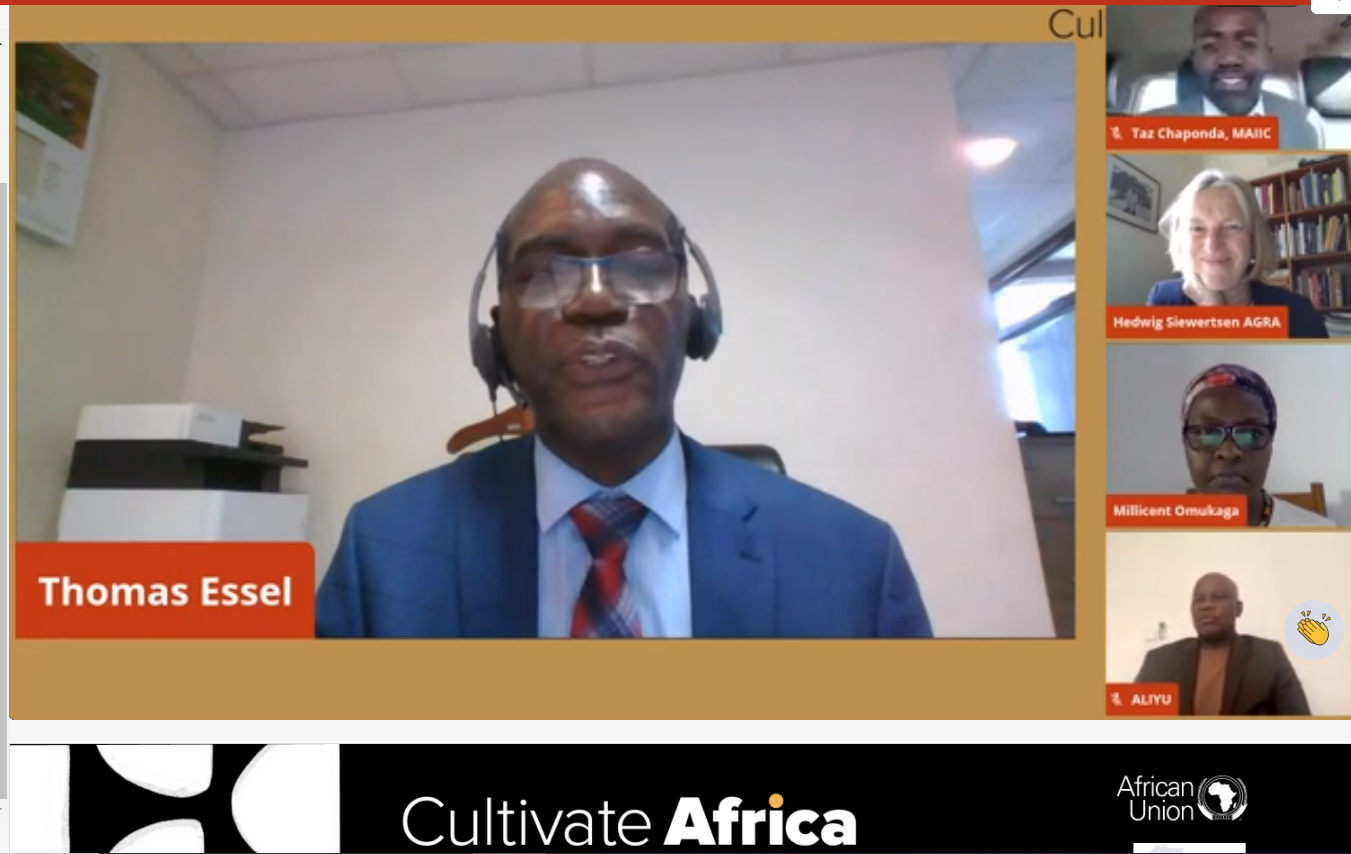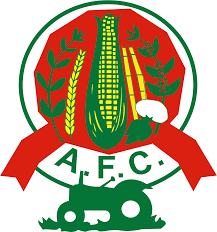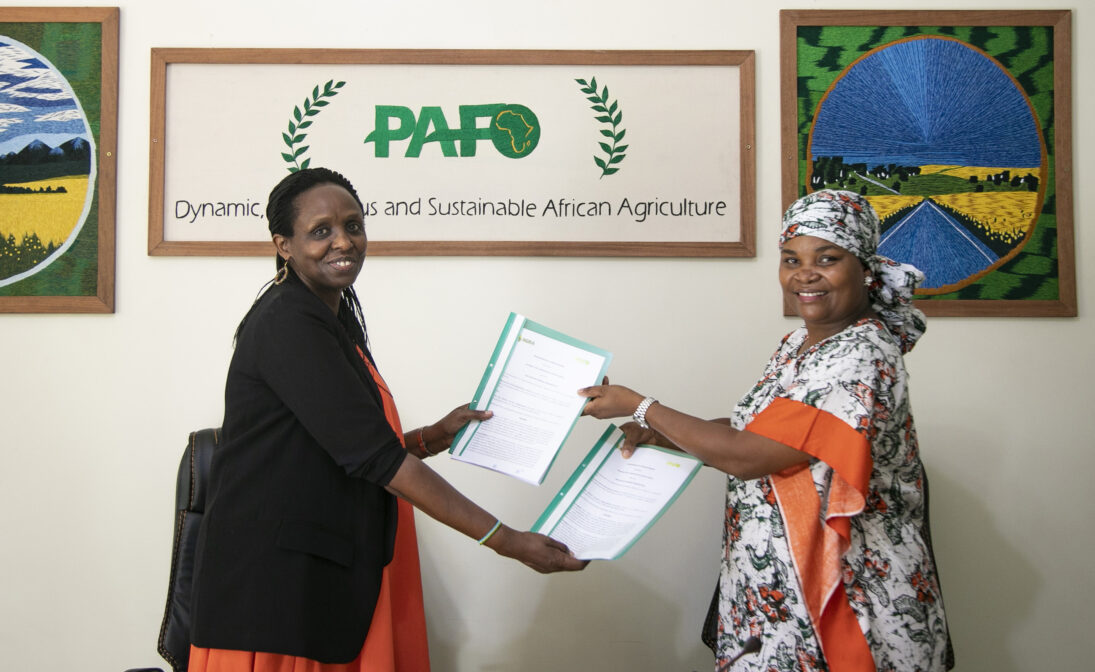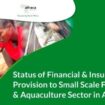In 2014, African Union member states adopted the Malabo Declaration on Accelerated Agriculture Growth and Transformation for shared prosperity and improved livelihoods. AU Head of States committed to allocate at least 10% of their national budget to agriculture and ensure its efficiency and effectiveness however, six years later not much has been achieved yet
Agriculture remains to be the backbone of most African economies.
The current COVID-19 pandemic has exerted more pressure on the fragile food system which was already strained even before COVID. On 27 th July 2020 Ministers in charge of Agriculture, Trade and Finance of the AU member states held a virtual meeting on how to build resilient food
systems through agricultural trade and investments to achieve food and nutrition security in Africa.
One key resolution agreed upon by the Ministers was the urgent need to repurpose existing public resources to support the Agriculture sector and ensure maximum efficiency of scarce resources. Public-sector investment solely cannot address the capital needs requirements hence the need for different actors to combine efforts and develop innovative financing models such as blended finance which is a combination of public and private sector funds. Recently, there has been a growing reform agenda on the role of public development finance institutions who are
key in supporting credit constraints by small holders farmers in their efforts to produce enough food.
AFRACA virtually convened the Agriculture and Finance session track during the Cultivate Africa Dialogue hosted by the African Union from 17 th -18 th November 2020. The session themed, “Re-purposing existing Public Resources for Rural and Agriculture Development in Africa” brought together different across the continent to explore avenues for resources and
funds to be re-purposed for agricultural value chain development and trade; structures needed to advance diversification and innovative financial engineering to derisk the sector with an aim to reduce dependency on foreign suppliers for agricultural value chain and trade.
Mr. Taz Chaponda, MD Malawi Agricultural and Industrial Investment Corporation advised public DFIs to showcase their specific area of interventions, use media to create more awareness to the public, transparency and a strong government structure will create confidence in the institution and attract potential investors to support small holder farmers. Mrs. Hedwig Siewertsen, Head of Inclusive Finance, Alliance for Green Revolution in Africa (AGRA) noted private sector and other actors need to inject money into the agriculture sector
which is considered is risky and costly to invest in. On the other hand, government(s) need to play a facilitatory role and not position themselves as actors” Mr. Aliyu Mohammed, MD Nigeria Incentive-Based Risk Sharing System for Agricultural Lending (NIRSAL) advocated for the adoption of the risk sharing model by DFIs to attract more investments into the sector and it is a good avenue to complement food security efforts by government(s). He further added, lenders and investors are looking for risk return opportunities and there is need to reduce their fear in lending by offering credit guarantee instruments to promote diversification of funds into production facilities and segmenting the value chain. Dr. Millicent Omukaga, Technical Assistance Expert-Affirmative Finance, African Development Bank noted there is need to demystify structural barriers and amplify women voices especially in decision making. Promoting financial access will lead to a catalytic effect in terms of production
and there is need of a regulation authority to hold financial institutions accountable on how they are using their funds to reach women.
Other recommendations made during the session on increasing access to finance include: increasing budget allocation to the sector and ensure its efficiency, countries to identify flagship projects that will be a gamechanger instead of scattering resources too widely with no results to show; injecting flexible capital to women, increased capacity building to rural famers on the use of digital tools, need for robust strategies to build resilience to future shocks and development ofan African Union mega risk sharing facility that will facilitate learnings from countries and also
institutions can inject funds into the facility; this will help spur investments into the agriculture sector.
Did you miss the webinar! Get updated with the discussions HERE Link:
https://www.youtube.com/watch?v=u9aPAU3aKGs





